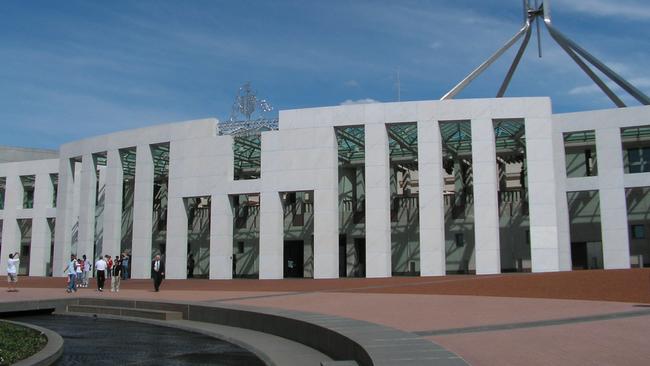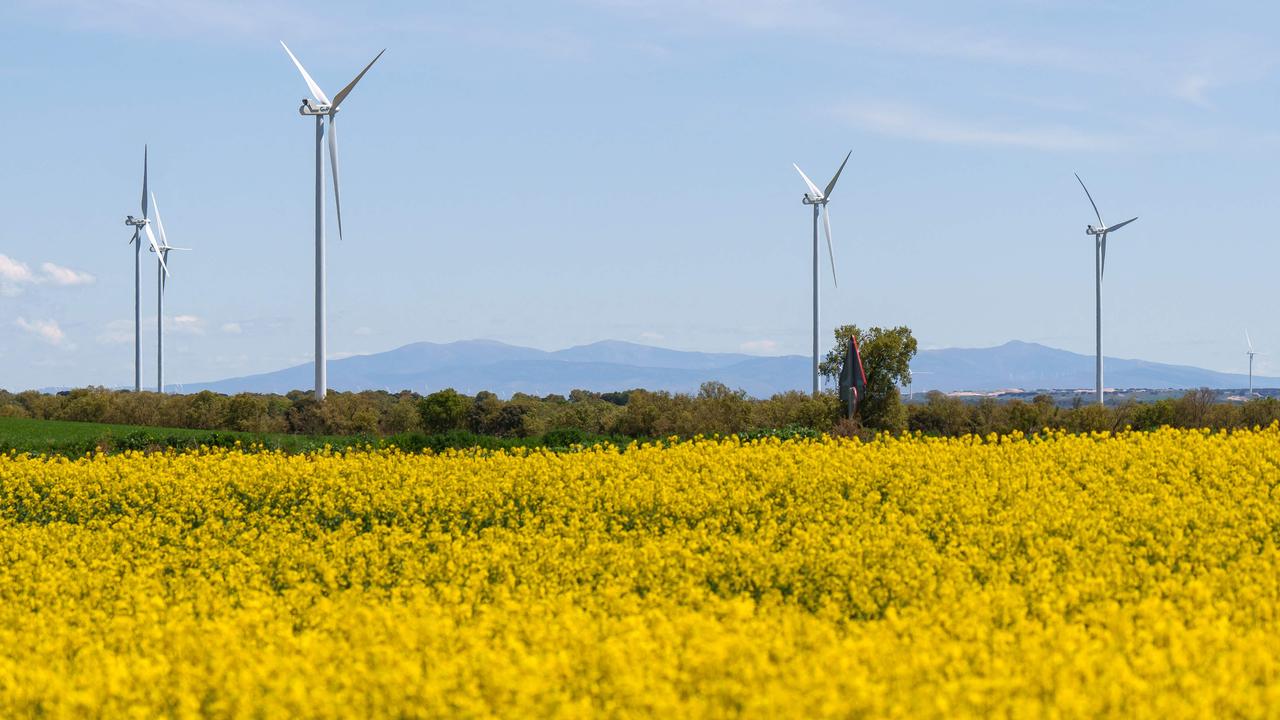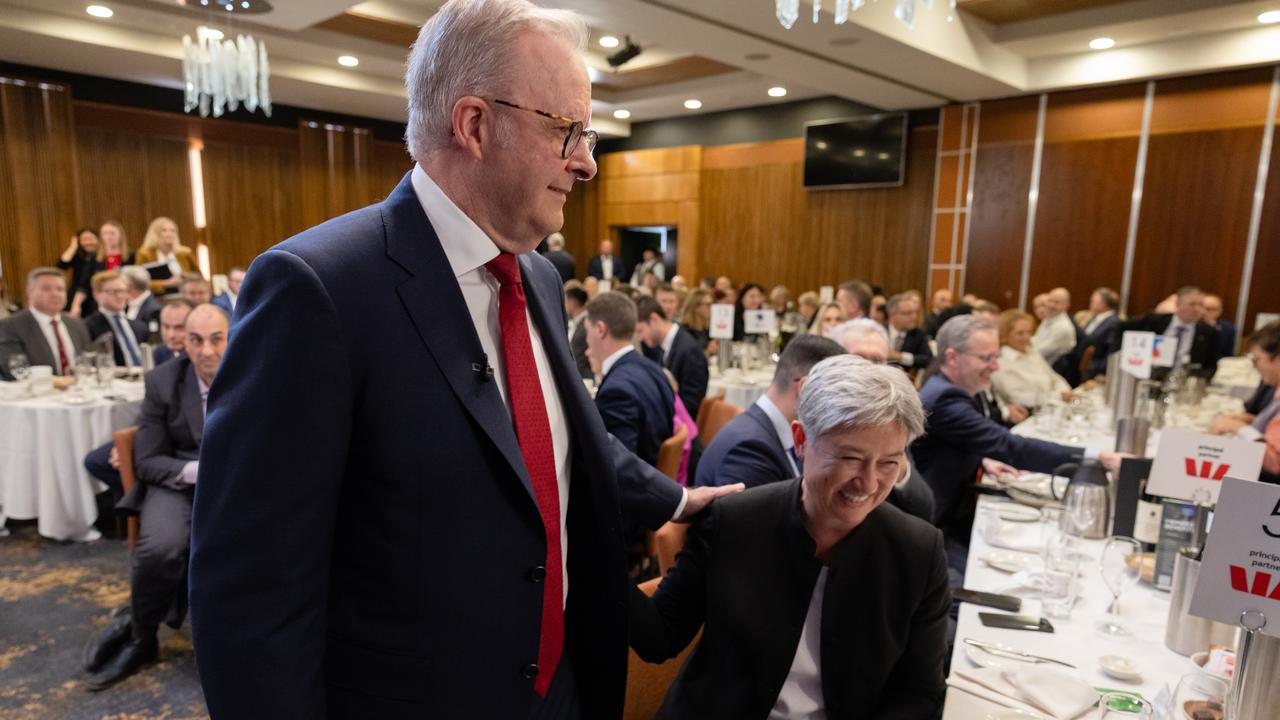Peter Dutton’s nuclear power plan is doable with high degree of difficulty
While energy lawyers agree the Coalition could get the legal power to implement its nuclear policy, if elected, some say the plan would have a time and monetary cost.

The bipartisan AUKUS deal means Australia is already “part way there” in considering the legal reform needed to support nuclear power plants, a nuclear law expert says, with political pushback from state governments likely to form the greatest hurdle.
While energy lawyers agree the federal Coalition has the legal power to implement its nuclear policy, if elected, many say it will come with a substantial time and monetary cost.
Before it builds nuclear reactors, the Coalition needs to acquire land, and pay compensation for it; lift commonwealth bans on nuclear in the Australian Radiation Protection and Nuclear Safety Act 1998 and Environment Protection and Biodiversity Conservation Act 1999; review the National Radioactive Waste Management Act 2012 to determine how to manage nuclear waste; and override state prohibitions in Queensland, NSW and Victoria.
“I would be absolutely astonished if the legal framework could be put in place and a nuclear project constructed within seven years,” University of Sydney professor Penelope Crossley said.
“Assuming the commonwealth and the states (agree), I would estimate it would take at least a decade to reach national agreement on the applicable legal framework and the corresponding regulation.”
Professor of law at Deakin University Samantha Hepburn said there would be “significant legal implications” with bans at commonwealth and state levels, problems acquiring land and regulation dealing with nuclear waste.
“If they have the numbers (in the Senate), they could change all those acts … but they still have to pay for the land … and that could tie things up in the courts for a while” she said.
Environmental law scholar Andrew Macintosh said it “wasn’t so much a legal obstacle as a procedural and political one … if the states resist, it will get very difficult for the commonwealth to pull this off”.
Kirsty Braydon, adjunct nuclear law lecturer at the University of Adelaide, said the Peter Dutton nuclear plan was legally “feasible” and now that AUKUS and the associated nuclear-powered submarines purchase had bipartisan support, the government was “part way through” the legal reform it required.
“To lift the ban on nuclear-power generation, there needs to be amendments to the EPABC Act and ARPANSA, but we had amendments late last year when we passed AUKUS, which amended those exact sections,” she said.
“While bans are in place, we are going to allow nuclear energy for conventionally armed nuclear-powered submarines – there was no issue getting that through parliament whatsoever. We are establishing a new regulator under Australian Naval Nuclear Power Safety Bill 2023, which is before parliament as we speak. We are already part way there with a lot of legislation.”
“Certainly there is a political hurdle,” she said.
A nuclear-law authority, Helen Cook, who has advised various governments on developing new nuclear programs including drafting laws and regulations, said “I don’t think there’s a country in a better position in the world to move on a nuclear program on an expedited timeline”.
“If you’re asking can we set up the legal and regularly institutions from a nuclear perspective? We already have them, we need to build on them and we are well-positioned to build on them,” she said.
But a former president of the Australian Conservation Foundation, emeritus professor Ian Lowe, said “it’s very difficult to see how the national law could be changed, even if there is widespread support for the proposal”.






To join the conversation, please log in. Don't have an account? Register
Join the conversation, you are commenting as Logout